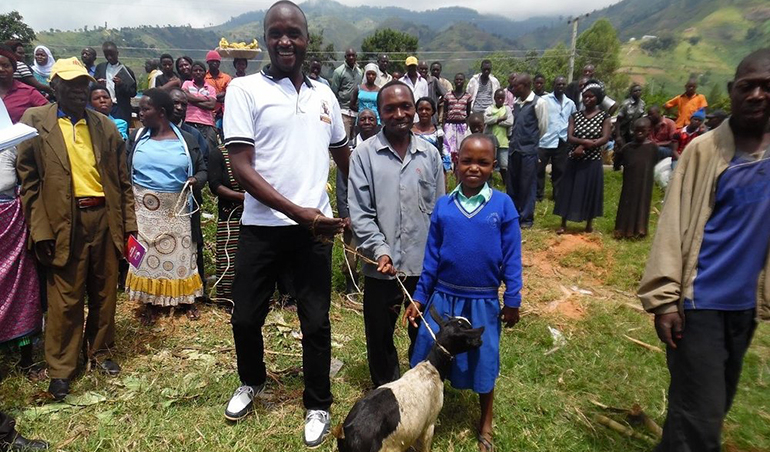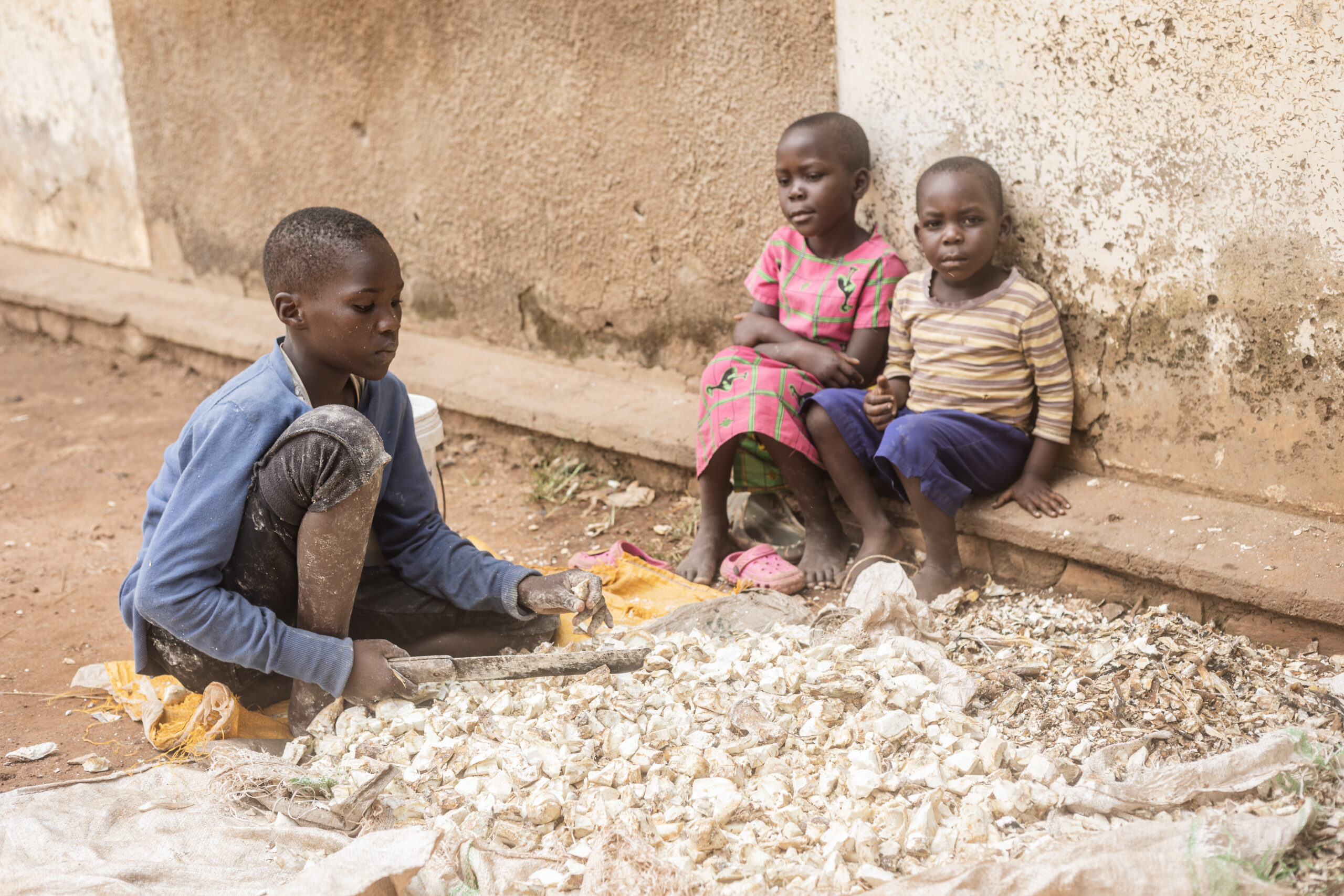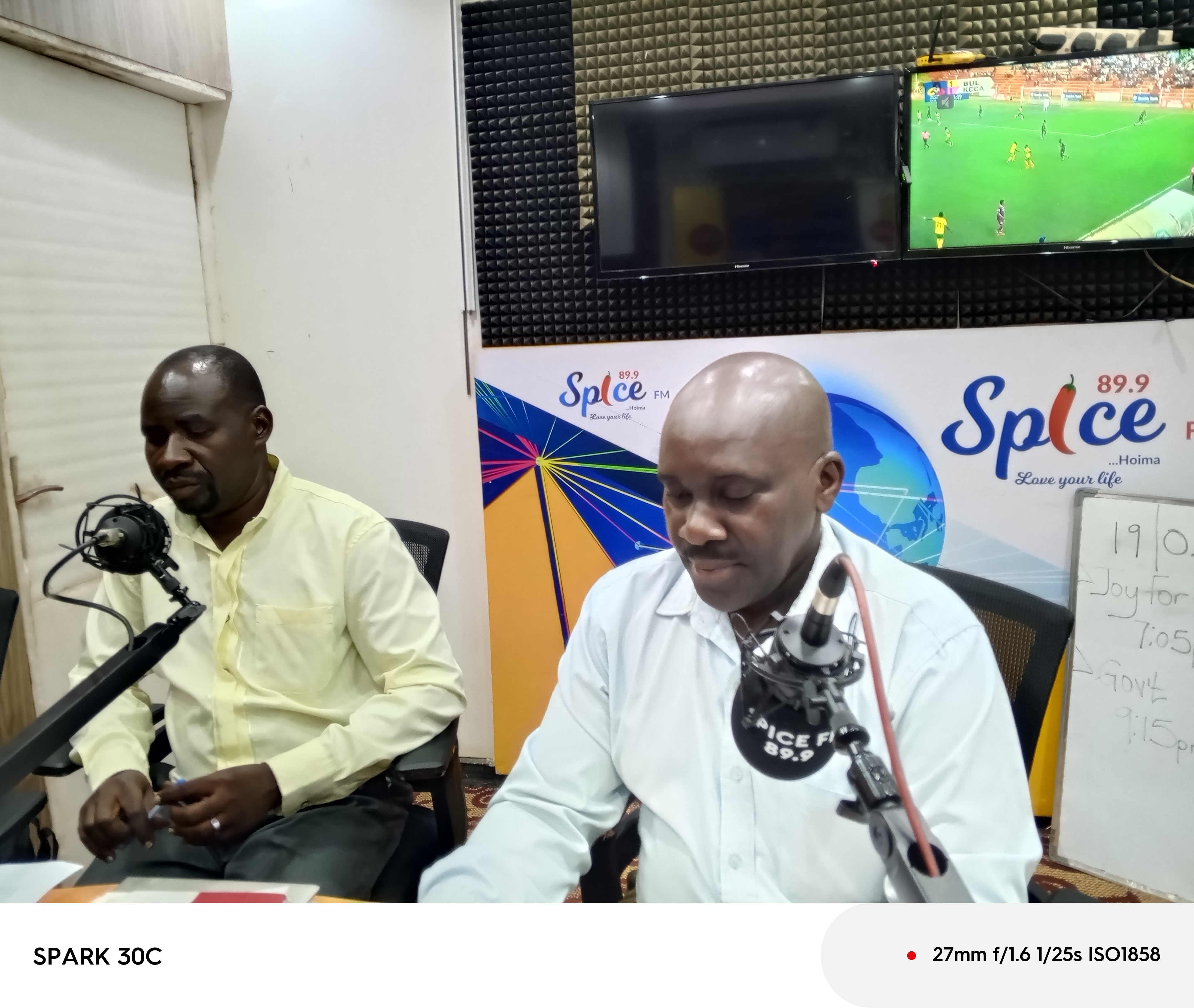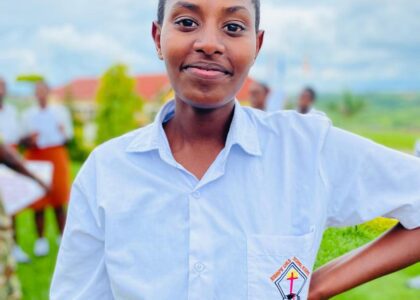Areas of Implementation: Karangura Sub County Kabarole District | Period: 2013 to 2016
PROJECT BACGROUND
Child marriage is a health and human rights issue, especially for girls and women in the developing world. It is particularly prevalent in Uganda. In Karangura sub-county, along the Mt. Rwenzori range, the problem is high compared to other parts of the country. Karangura is mainly inhabited by the Kakonjo and Bamba tribes who live in the highlands and on the slopes of Mount Rwenzori in the Kasese, Kabarole and Bundibugyo districts.
Child marriage is one of the traditional practices of these tribes. Girls as young as 13 years old are married off to men their age or older in exchange for goats, chickens or cassava gardens.
Why Child Marriage Happens
The problem of child marriage in these areas was initiated when the Allied Democratic Front (ADF) attacked Western Uganda in 1996. In 1998, the rebel ADF significantly heightened their activities, which included repeated attacks on civilian targets, trading centers and private homes, resulting in hundreds of deaths and abductions. The ADF continued to plant land mines extensively and increased its attacks on both rural and urban civilian targets, police outposts and enemy encampments. Rebels were still operating within and around the Rwenzori area until 2007.
As a result of this war, many people were killed, and families and social settings were disrupted for more than a decade. Women and girls were kidnapped and given as rewards to war combatants or as wives to loyal and high-ranking rebel officials.
The same community devalues education, and it is common for boys in primary school to have wives at home. However, girls are disproportionately discriminated against, while married boys continue attending school. Girls miss out on education, even though it is free of charge at the primary and secondary levels. Conditions perpetuating child marriage include parental ignorance of the risks associated with marrying girls at an early age, poverty, illiteracy, and traditional norms and practices.
Cost to Girls
Discrimination against girls is a widespread issue affecting women’s and girls’ ability to contribute to, and benefit from, sustainable development across areas of education, health and livelihood. A growing body of evidence has linked early marriage with poor health, poor education and poor economic outcomes. Recently published global reports have documented that young women who marry early are more likely than their peers to experience early school departure, lower earning capacity, earlier and more frequent childbearing, complications in pregnancy, higher maternal mortality, increased risk of HIV infection, and higher infant mortality (Singh and Samara, 1996; UNICEF, 2001; Mukuria et al., 2005; UNICEF, 2005; ICRW, 2007).
While work by various organizations to end child marriage is commendable, early marriage continues to be widespread and is still socially accepted throughout Uganda. According to the International Center for Research on Women (ICRW, 2007), 54.1% of girls in Uganda marry before age 18. Many girls and young women who marry before 18 do not have the opportunity to decide for themselves whether and when to marry. In many cases, this single event shapes their adult lives.
Project Description
Joy for Children-Uganda (JFCU) launched Girls Not Brides Empower Project in Karangura sub-county, Kabarole District, Western Uganda, in an effort to end child marriage. Reports by the media and various organizations have documented the high rate of early marriages in this area. According to an article in the Daily Monitor, 20 girls between the ages of 13 and 16 dropped out of school within a three-month period because they were married off. Some of these girls were attending Mahyoro and Kibyo primary schools, where we are implementing this pilot project focusing on public education and economic empowerment around the issue of child marriage.
Our activities include school outreaches, Girls Not Brides clubs, community events communicating messages about ending child marriage, support for girls’ education, income-generating initiatives, the publication of educational materials, and evaluation reports.
During the first 3 years, this innovative multi-pronged Model Project will work with 2 schools ( Kibyo and Mahyoro Primary Schools) that teach about 350 children each.
200 goats will be given to girls to improve their incomes at home and also as an incentive for keeping in school.
Joy for Children-Uganda will also be working with 20 local leaders to assist them in understanding the devastating impact of child marriage on girls and the community — and in appreciating the value of education in social and economic development.
More than 30 teachers will be trained and supported thru various economic empowerment and education activities , 11,102 information, education and communication materials will be produced and distributed with messages that address the value of education and delaying marriage. More than 20,000 community members will be reached through open community events and engagements.
GIRLS NOT BRIDES EMPOWER is a comprehensive, multi-pronged innovative project that links economic empowerment to education. The first site chosen for this 3 year project serves as a Model for future replication through-out Uganda. Please help us accomplish our goals –ending early childhood marriage and educating our youth — by donating to help. Thank you (Webale Muno)!






